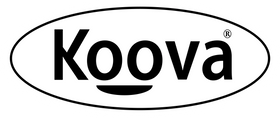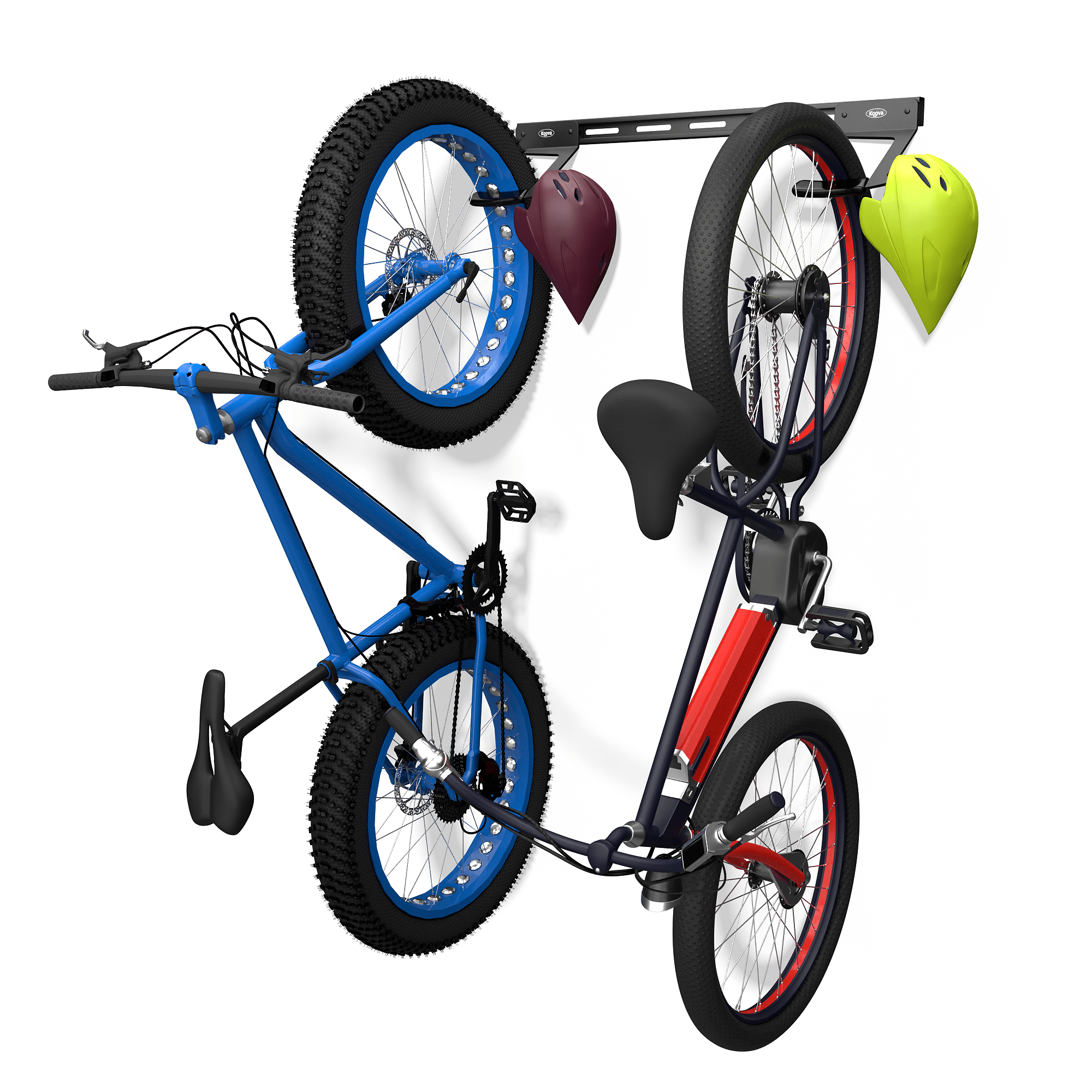Frequently Asked Questions
1. Why is organizing paperwork important?
2. What tools do I need to manage my paperwork effectively?
3. How should I categorize my paperwork?
4. What are some good habits to maintain my paperwork organization?
5. How can I reduce future paper use?
Managing household paperwork can often feel overwhelming, especially as important documents pile up over time. From bills to tax forms, having a structured approach to your paperwork helps not just in organization but also in stress reduction. Not to mention, it saves time when you need to find something quickly. In this guide, we will share practical tips for managing household paperwork that can transform the way you handle your important documents. Let’s dive right in!
Why Organizing Paperwork Matters
Paperwork management is not merely about maintaining a neat space. It has broader implications for your life. When you have your documents organized, it:
- Reduces stress when looking for important documents.
- Helps you stay on top of deadlines and payments.
- Improves overall home organization, making your space more inviting.
- Provides easy access to paperwork for tax and legal purposes.
Gathering the Right Tools
Before diving into the management process, it’s essential to gather the right tools. Create a small ‘paper management kit’ that includes:
- Folders: Use color-coded folders for different categories.
- Label maker: A label maker helps in easily identifying contents.
- Shredder: For papers you no longer need, shredding is key to maintaining privacy.
- Storage bins: Utilize bins for long-term documentation such as tax papers or warranties.
- Wall mounted keychain rack: This can serve dual purposes by keeping your keys organized and holding important reminders or paperwork you may need quick access to.
Sort and Categorize Your Paperwork
Sorting is the first step in managing your paperwork better. Here’s how you can categorize your documents effectively:
Create Categories
Start by creating broad categories for your paperwork. Some common categories are:
- Financial Documents (bills, pay stubs, bank statements)
- Health-related Papers (insurance, medical records)
- Home Maintenance (warranties, receipts for repairs)
- Taxes (past tax forms, donation receipts)
- Legal Documents (titles, contracts)
Immediate Actions
Once you have your categories, decide whether to keep, shred, or toss papers as follows:
- Keep: Important documents that you need regularly or those related to long-term commitments.
- Shred: Any document that contains personal information that you no longer need.
- Toss: Papers that are outdated and have no relevance to your current situation.
Establish a Filing System
Once sorted, create a filing system tailored to your preferences. Some options include:
Traditional File Cabinet
If you have adequate space, a traditional file cabinet is an excellent option for keeping organized. Designate each drawer for different categories and use labels for quick identification.
Digital Filing System
If you prefer a clutter-free environment, consider digitizing your documents. Scan important papers and save them in organized folders on your computer or cloud storage. Make sure to back them up regularly!
Maintain Regular Paperwork Habits
To keep your paper management system working smoothly, establish habits that support organization:
Weekly Review
Set aside time each week to review new paperwork that accumulates. Sort, file, or toss as necessary. This regular touchpoints prevent larger clutter from building up.
Monthly Check-In
In addition to weekly reviews, conduct a deep dive at least once a month to reassess the usefulness of your files. Determine if anything can be shredded or tossed, and update your categories if necessary.
Maximize Your Space
Don’t let your organization methods take up more space than necessary. Here are some tips to maximize your organization:
Utilize Vertical Space
Consider using wall-mounted storage solutions, such as shelves or a wall-mounted keychain rack. These can help free up desk space while making frequently-used items easily accessible.
Multi-functional Furniture
If possible, invest in furniture that serves multiple purposes, such as ottomans or coffee tables with hidden storage. This can help keep your papers organized while ensuring they are neatly tucked away when not in use.
Special Tips for Unique Situations
Here are some specialized tips for different types of paperwork to manage:
Financial Records
It’s crucial to maintain organized financial records for budgeting and tax purposes. Keep items such as:
- Monthly bills sorted and stored in designated folders.
- Pay stubs and financial statements organized chronologically.
- Drop boxes for receipts and invoices that need action.
Medical Records
For health-related papers, keep them organized based on family members. Important records can include:
- Insurance information
- Medical history and immunizations
- Appointment schedules
Legal Documents
Legal documentation can be complex. Ensure sensitive documents like wills or property deeds are in a secure, fireproof location. Use your filing system to keep them easily accessible but protected.
Building a Paper-Free Future
While it's important to have a plan for managing existing paperwork, it’s equally essential to reinforce habits that reduce paper use moving forward. Here are a few strategies to consider:
Go Paperless Where Possible
Many services offer paperless billing and statement options. Opt for electronic statements to minimize future paper accumulation. Additionally, utilizing email for correspondence can significantly decrease physical paper use.
Digital Tools
Consider using apps designed for document management. These can provide a streamlined way to scan, store, and categorize your paperwork without relying heavily on physical storage.
Bringing It All Together
Managing household paperwork may seem daunting, but with the right organization strategies, it can be a manageable, even enjoyable task. Whether you opt for a traditional filing cabinet or a sleek digital filing system, the key is to find what works best for your lifestyle. By implementing these tips, you can create a streamlined paper management process that will boost your home’s organization. Plus, using solutions like a wall mounted keychain rack can add functional flair to your space while keeping essential items within reach!
Now that you are equipped with these valuable tips, go ahead and take the next steps towards creating an organized home where paperwork doesn’t overwhelm your daily life. Remember, a little effort can go a long way in reclaiming your space and peace of mind.


